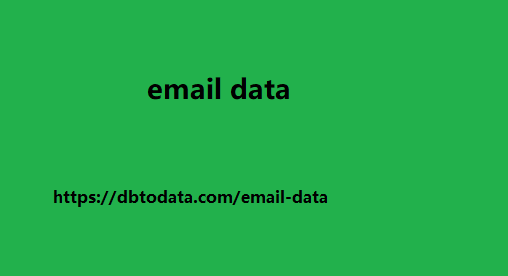Google Dataset Search is a free, web-based tool designed to help researchers, data scientists, and developers discover datasets from across the internet. Unlike other search engines, it specializes in locating datasets rather than general web content, making it an invaluable resource for finding open data across diverse domains, such as government data, academic research, and corporate datasets. Launched in 2018, the search engine indexes datasets that are publicly available and hosts links to datasets stored on third-party sites. Its main functionality is to provide users with a simple yet effective way to search for datasets without needing to know the hosting platforms or repositories in advance.
Search Capabilities and Querying
One of the core features of Google Dataset Search is its powerful search functionality. Users can perform keyword-based searches, similar to Google’s general search engine, but with a focus on datasets. The tool supports basic search terms as well as more advanced queries using operators such as “AND,” “OR,” and “NOT.” Furthermore, Google Dataset Search allows for searches based on data type, file format, and metadata tags. This flexibility helps users narrow their searches to find datasets that meet specific criteria, such as CSV files, JSON datasets, or data with particular time frames or locations.
Metadata-Based Search and Schema.org Integration
Unlike traditional search engines that index israel email list entire webpages, Google Dataset Search primarily indexes metadata, which is key information about the dataset, such as the title, description, author, and publisher. For users, this means that datasets are not only discoverable by title or description but also by relevant tags, subjects, and categories, making it easier to find the right data for specific research needs.
Filtering and Refining Search Results
Google Dataset Search provides several ways to filter search results to refine dataset discovery. Users can filter by criteria such as dataset type, file format (e.g., CSV, Excel, JSON), usage rights (e.g., public domain, Creative Commons), and access level (e.g., open access, subscription required). While filters are a helpful feature, they do not provide the same level of granularity as those found in dedicated data portals.
Linking to External Dataset Repositories
One key functionality of Google Dataset Search is that it does not host datasets itself but links to external repositories that store the datasets. When a user clicks on a search result, they are directed to the dataset’s original hosting website, whether it is a government website, an academic institution’s page, or a non-profit the 7 deadly sins of the beginner blogger data-sharing platform. This decentralization means that Google Dataset Search acts as a gateway to datasets without needing to manage or store large data files.
Data Accessibility and License Information
Accessibility and licensing are important features of Google Dataset Search. Each dataset’s metadata includes information about how users can access the data, whether it is free or requires a subscription or special permission to download. Licensing cg leads details are also included to ensure users are aware of any restrictions on usage, such as whether the data is available under a Creative Commons license or has more restrictive terms of use. Google Dataset Search does not host datasets but offers important metadata on accessibility, so users can assess the ease of access and any licensing concerns before attempting to use a dataset for research or analysis. This transparency helps users make informed decisions about whether the dataset suits their intended purpose.


